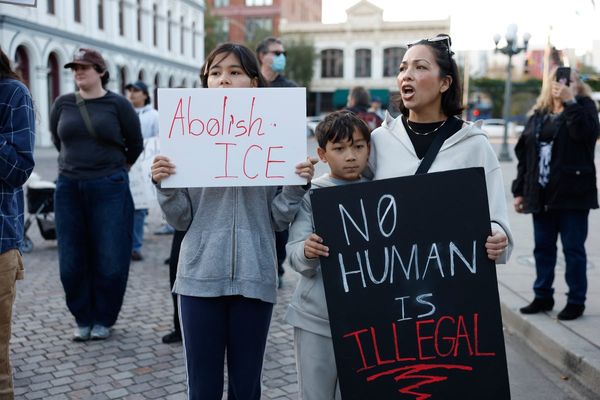
As the global healthcare industry rapidly integrates artificial intelligence (AI), biotechnology, and digital-health platforms, legal systems are racing to adapt. Among the new generation of international lawyers bridging medicine and law is Mr. Feruz Madaminov, a New York–based lawyer specializing in health-law, medical-malpractice, and life-science regulation.
Feruz’s path to health-law began at Tashkent State University of Law, where among the top graduates of his class before earning an LL.M. at Penn State Dickinson Law in the United States. Today, he works with the litigation team at Silver Law Group P.C. in New York, focusing on complex medical-malpractice and personal-injury cases. In parallel, he continues conducting comparative legal research on global health-law reform, bridging academic insight with hands-on litigation experience.
Transforming Legal Thinking in Healthcare
In recent years, Feruz has observed how AI is transforming both medicine and its regulation. “AI is no longer just assisting researchers — it’s designing molecules, predicting patient outcomes, and optimizing clinical trials,” he explains. “That means the law must evolve to define who is accountable when an algorithm participates in decision-making.”
“When AI and automation enter hospitals and drug development, liability can no longer focus solely on individual error,” Feruz told INKL. “We need a system that evaluates institutional responsibility, algorithmic oversight, and patient rights all together.”
His approach aligns with the FDA’s 2025 draft guidance on artificial intelligence in drug development, which formally recognized AI as part of the regulated product lifecycle. Feruz’s commentary on that guidance was cited in professional discussions on FDLI.org and health-law forums analyzing emerging compliance standards.
Regional Impact and Global Collaboration
Before moving to the United States, Feruz advised life-science and pharmaceutical companies across Uzbekistan and Kazakhstan, guiding them through regulatory reforms on healthcare, life sciences and data protection.
He now promotes cross-border cooperation between U.S. and Central Asian institutions, emphasizing ethical standards in biotech investment and clinical trials.
“Central Asia has extraordinary scientific capacity,”he says,“but building trust with international partners requires predictable legal structures and regional harmonization of health regulations.”
Through his work and publications, Feruz has helped introduce Western compliance concepts—such as post-marketing surveillance, expert medical panels, and open-disclosure protocols—into policy discussions across the region.
Recognition and Professional Engagement
Beyond litigation and research, Madaminov is active in professional associations including the American Health Law Association, the Food and Drug Law Institute, and the European Association of Health Law. He has published analyses on AI in drug development, medical liability reform, and bioethical governance. His interdisciplinary expertise positions him among the few Central Asian legal professionals contributing to international policy conversations on the future of healthcare regulation.







